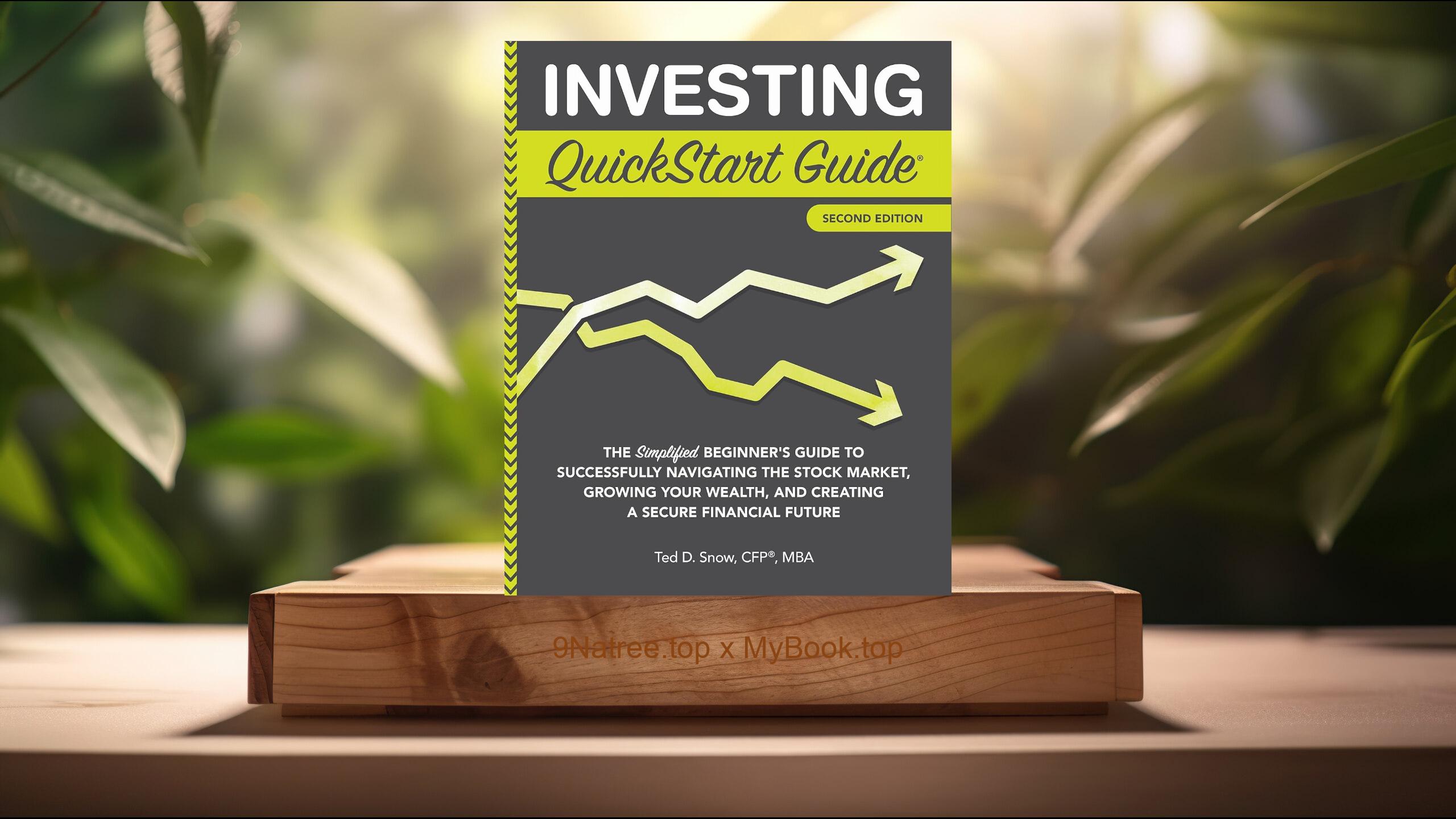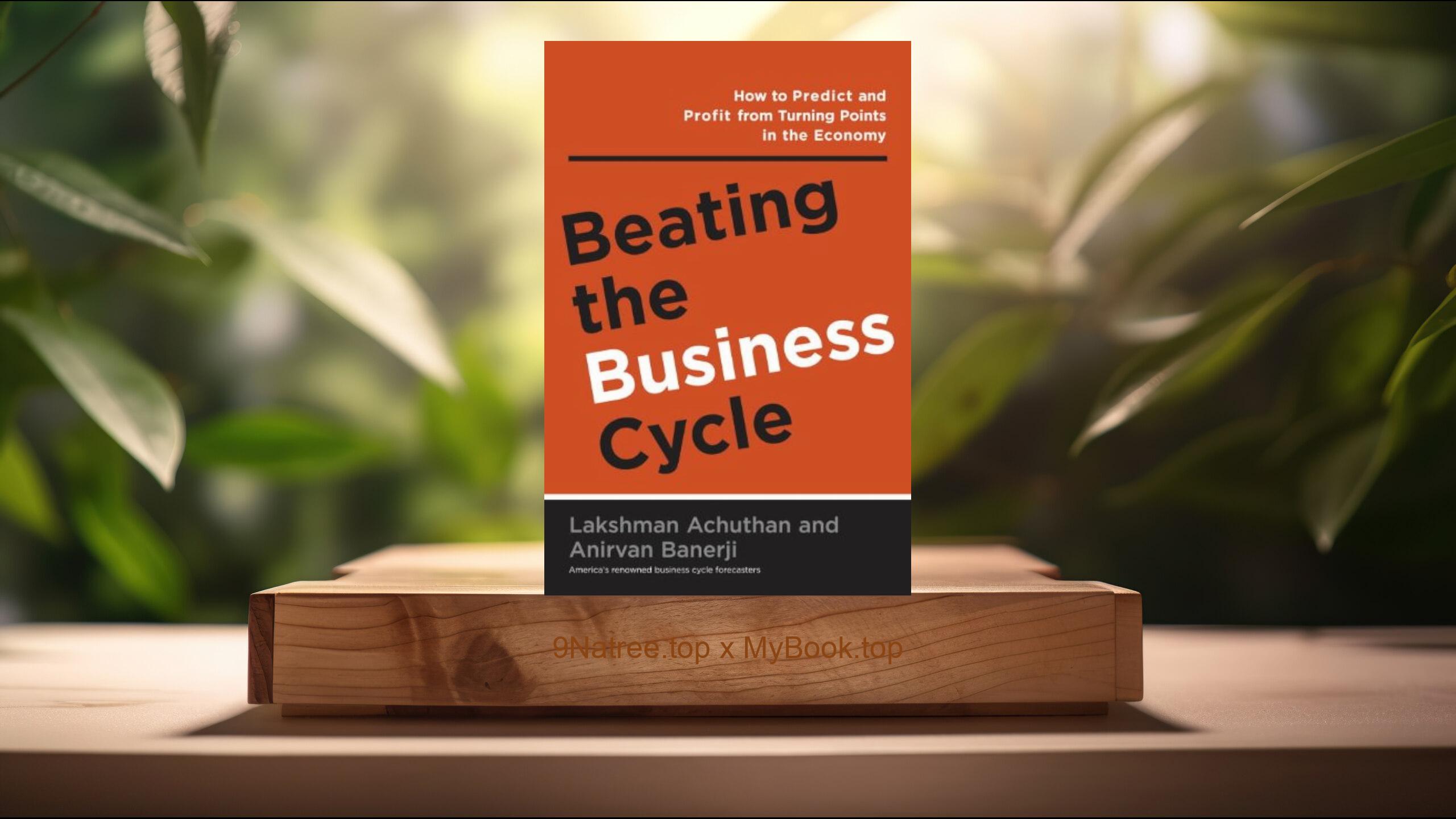Show Notes
- Amazon US Store: https://www.amazon.com/dp/B07DRP1Q5W?tag=9natree-20
- Amazon Worldwide Store: https://global.buys.trade/Do-It-Today-Darius-Foroux.html
- Apple Books: https://books.apple.com/us/audiobook/do-it-today-overcome-procrastination-improve-productivity/id1707888754?itsct=books_box_link&itscg=30200&ls=1&at=1001l3bAw&ct=9natree
- eBay: https://www.ebay.com/sch/i.html?_nkw=Do+It+Today+Darius+Foroux+&mkcid=1&mkrid=711-53200-19255-0&siteid=0&campid=5339060787&customid=9natree&toolid=10001&mkevt=1
- Read more: https://mybook.top/read/B07DRP1Q5W/
#Procrastination #Productivity #TimeManagement #SelfImprovement #GoalSetting #Mindfulness #DailyRoutines #Accountability #DoItToday
These are takeaways from this book.
Firstly, Understanding Procrastination, Darius Foroux begins by exploring the psychological roots of procrastination, illustrating how this common behavior serves as a temporary relief from dealing with feelings of anxiety, fear of failure, or overwhelming demands. The author suggests that overcoming procrastination requires self-awareness and understanding the emotional triggers behind it. He offers strategies such as setting clear personal goals, breaking down tasks into smaller, manageable steps, and altering environments to minimize distractions. This approach not only helps in tackling procrastination but also in cultivating a productive mindset geared towards continuous improvement.
Secondly, Prioritization Techniques, One of Foroux's central themes is the art of prioritization. He emphasizes the need for individuals to distinguish between tasks that are urgent and those that are important, advocating for a focus on activities that yield significant long-term benefits. To facilitate this, Foroux introduces several time-management techniques, such as the Eisenhower Box, which helps categorize tasks, and the 80/20 rule, suggesting that 20 percent of focused effort can lead to 80 percent of results. These techniques encourage readers to realign their focus towards more impactful activities and make conscious decisions that align with their overarching life goals.
Thirdly, Building a Routine, Foroux argues that establishing a structured daily routine is paramount to combating procrastination and enhancing productivity. He provides readers with tips for creating a routine that suits their personal and professional life, tailored to when they are most energetic throughout the day. By encouraging the establishment of regular habits, Foroux helps readers reduce decision fatigue and preserve cognitive resources for the most demanding tasks of the day. This segment of the book is particularly useful for those looking to stabilize their daily patterns and create a consistent work ethic.
Fourthly, Embracing Accountability, The concept of accountability is significant in Foroux’s methodology for overcoming procrastination. He suggests practical steps to integrate accountability measures into the readers' lives, such as regular check-ins with a mentor or peer groups, using apps to track progress, or maintaining a personal journal. These accountability practices ensure that readers stay committed to their goals and provide external motivation to keep progressing, even when facing obstacles. This part of the book is crucial for readers needing external validation to stay on track and continue making meaningful advancements.
Lastly, Mindfulness and Reflection, Finally, Foroux highlights the importance of mindfulness and reflection as tools to improve productivity and reduce procrastination. He advocates for practices like meditation and journaling to enhance self-awareness and focus. By consistently reflecting on personal progress and setbacks, readers can gain better insights into their behavioral patterns and make informed adjustments. This section encourages a proactive approach to self-improvement, emphasizing the mental and emotional aspects of productivity that are often overlooked in traditional productivity strategies.
![[Review] Do It Today (Darius Foroux) Summarized](https://episodes.castos.com/660078c6833215-59505987/images/1882192/c1a-085k3-mk1oqjovbj95-4a0kgz.jpg)




